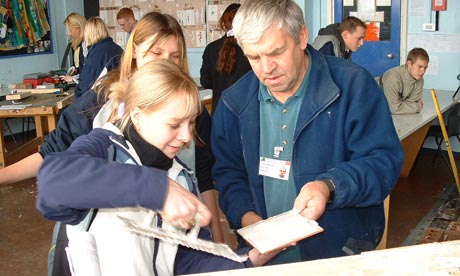 Of particular interest here, is the ability of this funding mechanism to allow those who want to help, but may not have the money to just give away, such as families with young children who do not need the money at the moment, but would in the future as those children move on to college, to recollect that money. Similarly, small businesses, middle class to wealthy individuals, larger businesses, and charitable foundations can help to provide funding that would later be returned.
Of particular interest here, is the ability of this funding mechanism to allow those who want to help, but may not have the money to just give away, such as families with young children who do not need the money at the moment, but would in the future as those children move on to college, to recollect that money. Similarly, small businesses, middle class to wealthy individuals, larger businesses, and charitable foundations can help to provide funding that would later be returned.
The funding of social enterprises and small business through loans and microloans, as we have discussed in class, is gaining steam. Providing the capital for that funding, however, is a big issue and the major topic of this week’s class. This article highlights an innovative approach that allows for a new and perhaps very large source of that funding, in addition to the funding provided by venture capital firms, big businesses, governments, or large charitable foundations. Can such an approach working on a large scale in the United States and other countries? Do you see any improvements to this approach that could provide additional benefits?
No comments:
Post a Comment
Note: Only a member of this blog may post a comment.